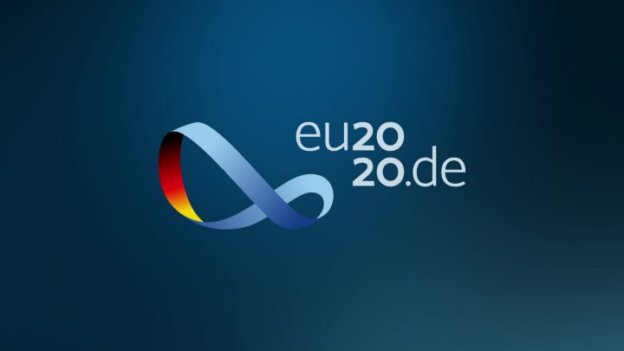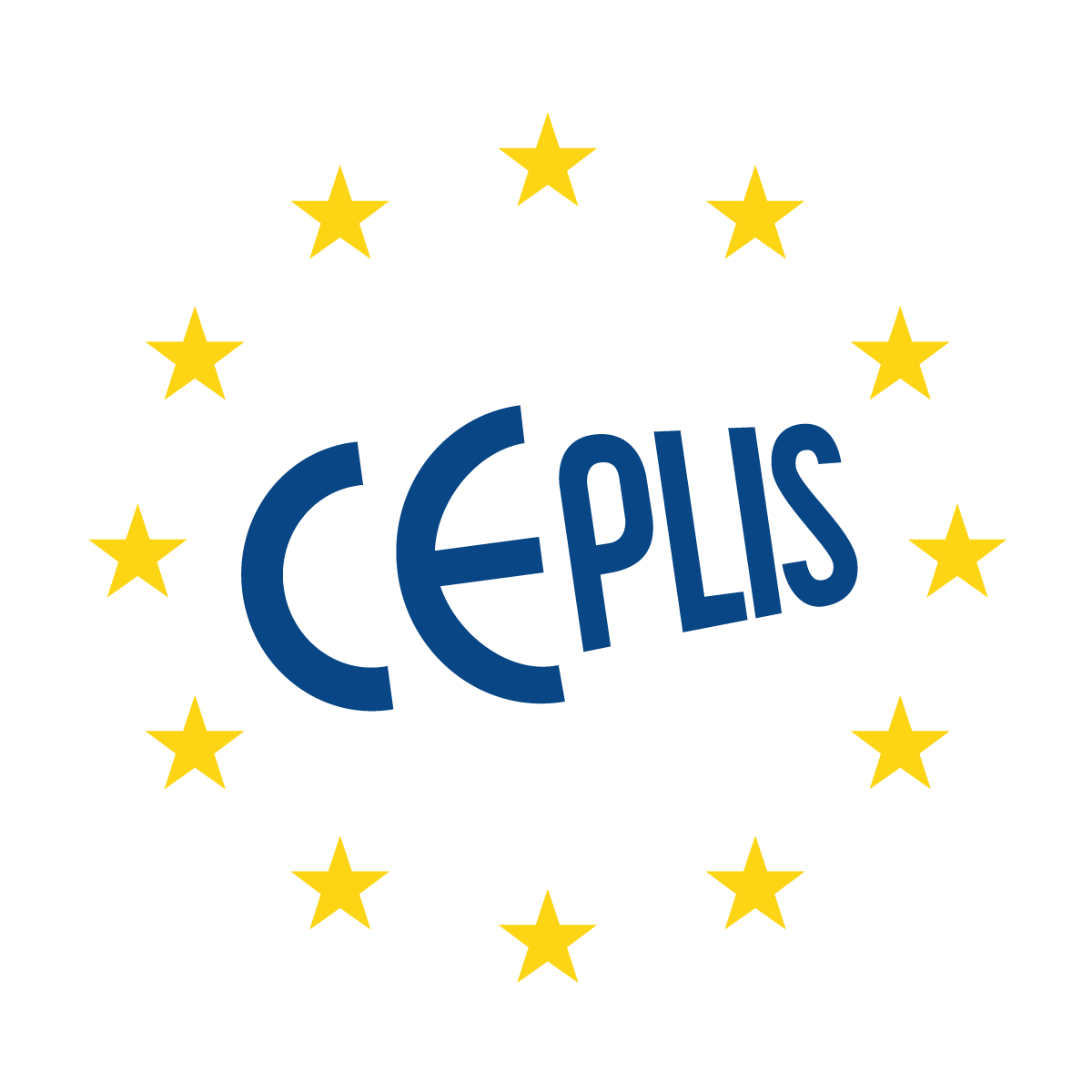From the 1st of July to the 31st of December 2020, it is Germany’s turn to take over the rotating presidency of the European Council. The Presidency is responsible for driving forward the Council’s work on EU legislation, ensuring the continuity of the EU agenda, orderly legislative processes and cooperation among Member States. The Presidency of the Council rotates among the EU Member States every 6 months. During this 6-month period, the Presidency chairs meetings at every level in the Council, helping to ensure the continuity of the EU’s work in the Council.
Member States holding the Presidency work together closely in groups of three, called ‘trios’. This system was introduced by the Lisbon Treaty in 2009. The trio sets long-term goals and prepares a common agenda determining the topics and major issues that will be addressed by the Council over an 18 month period. On the basis of this schedule, each of the three countries prepares its own more detailed 6-month program. The German Presidency also marks the start of a new “Trio Presidency” together with Portugal and Slovenia, which will take the lead after Germany.

This joint EU Presidency program is seeking to focus primarily on social recovery in the wake of the pandemic. The following issues are some highlights from the upcoming 18-month program of the Council, prepared by the future German, Portuguese and Slovenian Presidencies and the High Representative, Chair of the Foreign Affairs Council:
- Sustaining a fair and social Europe while promoting Europe’s interests and values around the world. Promoting social cohesion, the rule of law, equality, human rights and corporate social responsibility while also incorporating lessons learned during the pandemic.
- Securing transparent and European-wide digital transformation that respects human rights and protects citizens from malicious cyber activities and disinformation. Making digital progress in education, research, finance and health. Strengthening and maintaining digital sovereignty with regards to digitalisation and artificial intelligence as a key technology of the future. Actively shaping the future of work, also with regard to digitalisation, and doing more to ensure the implementation of the European Pillar of Social Rights.
- Finding comprehensive, permanent and crisis proof solutions for migration. Increasing efforts against illegal migration and human trafficking, while also addressing the root causes of migration and forced displacement.
- Further promoting European technological and industrial sovereignty and a resilient and competitive Single Market. Ensuring an effective and fair implementation, application and enforcement of Single Market rules. This will include a level playing field as well as fair and effective taxation and improving the EU’s fight against money laundering. Promoting open, ambitious, fair, sustainable and rules-based trade.
- Strengthening industrial competitiveness in Europe as well as ensuring a stable investment environment for small and medium-sized businesses. Identifying strategic value chains, industry and important projects of common European interest. Deepening the Economic and Monetary Union, as well as bringing the financial sector into the digital age.
- Investing in innovative, sustainable and smart economic transformation covering all regions, and strengthening their competitiveness. Building a climate-neutral and green Europe and achieving the 17 sustainable development goals and the objectives of the EU Green Deal.
- Promoting European values on an international level, together with the High Representative of the Union for Foreign and Security Policy: Proceeding with the enlargement process towards the Western Balkans, pursuing an ambitious neighbourhood policy towards the East and the South and strengthening cooperation with Africa. Nurturing international relationships and further examining European defence policies and relationships.
The official website “eu2020.de“ is providing all news and relevant information about the topics, program and events of the Presidency in German, English and French – including a regularly updated online calendar of all political and cultural events related to the Presidency.

 Français
Français